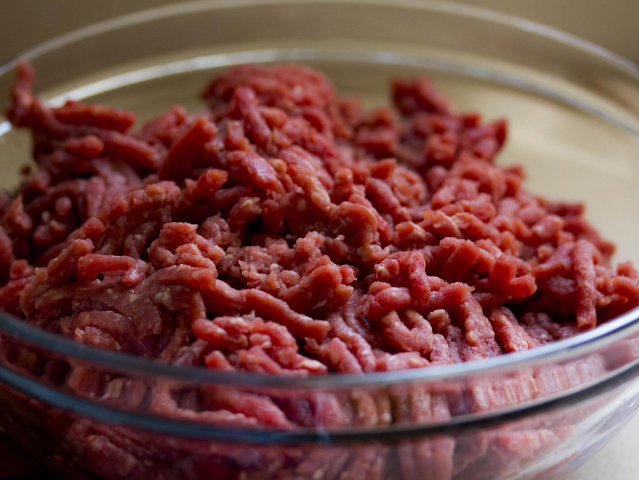For the first time in nearly two decades, Japan has lifted all restrictions on Canadian beef and beef products.
Japan originally shut its borders to all Canadian beef in May 2003 after an outbreak of bovine spongiform encephalopathy(BSE), commonly called mad cow disease, in Alberta. Over the last 20 years, Japan has started easing the restrictions, with the last coming off of processed beef and beef patties earlier this week.
Manitoba Beef Producers General Manager Carson Callum, says the move is a huge benefit to producers across the country, as Japan is Canada's second-largest market for beef exports.
"It's an important market in terms of diversification for all beef products that are being exported from the country. With beef being so heavily involved in the export market, ensuring that there are proper markets and diversification is really, at the end of the day, going to increase the value of that product, that producers here in the province are raising and producing."
Callum says the recent announcement will really expand the market access in Japan. He says they're hoping this will encourage other countries who still have restrictions on Canadian beef to consider lifting them.
"We're hoping the full market access to Japan really signals other countries, in particular in that Southeast Asia region, to follow suit, because there's always market opportunities globally, but some of these restrictions from a BSE era perspective have made it challenging to get into those markets to diversify."
Even with some restrictions still in place, $518 million worth of Canadian beef was exported to Japan in 2022.







